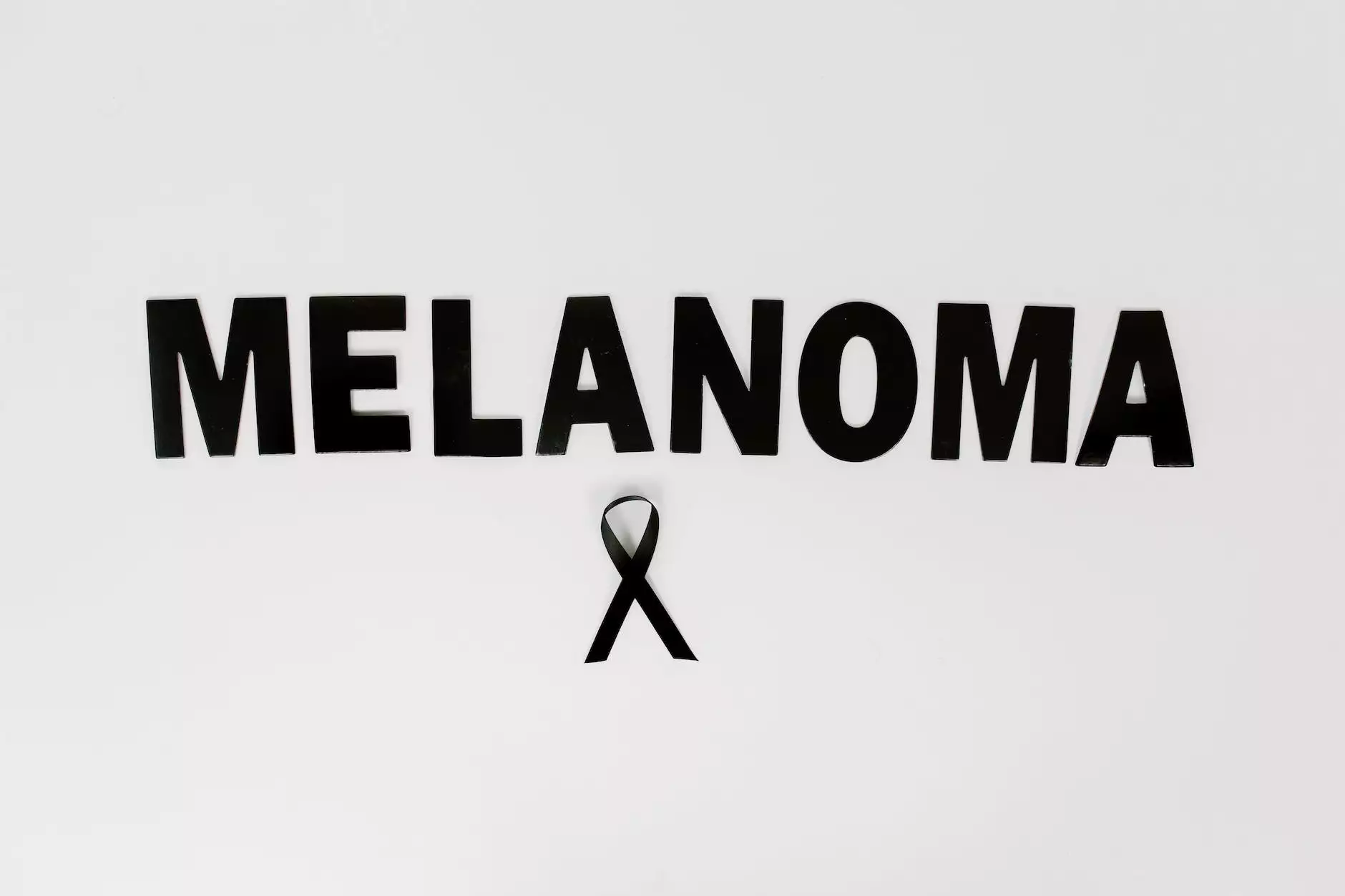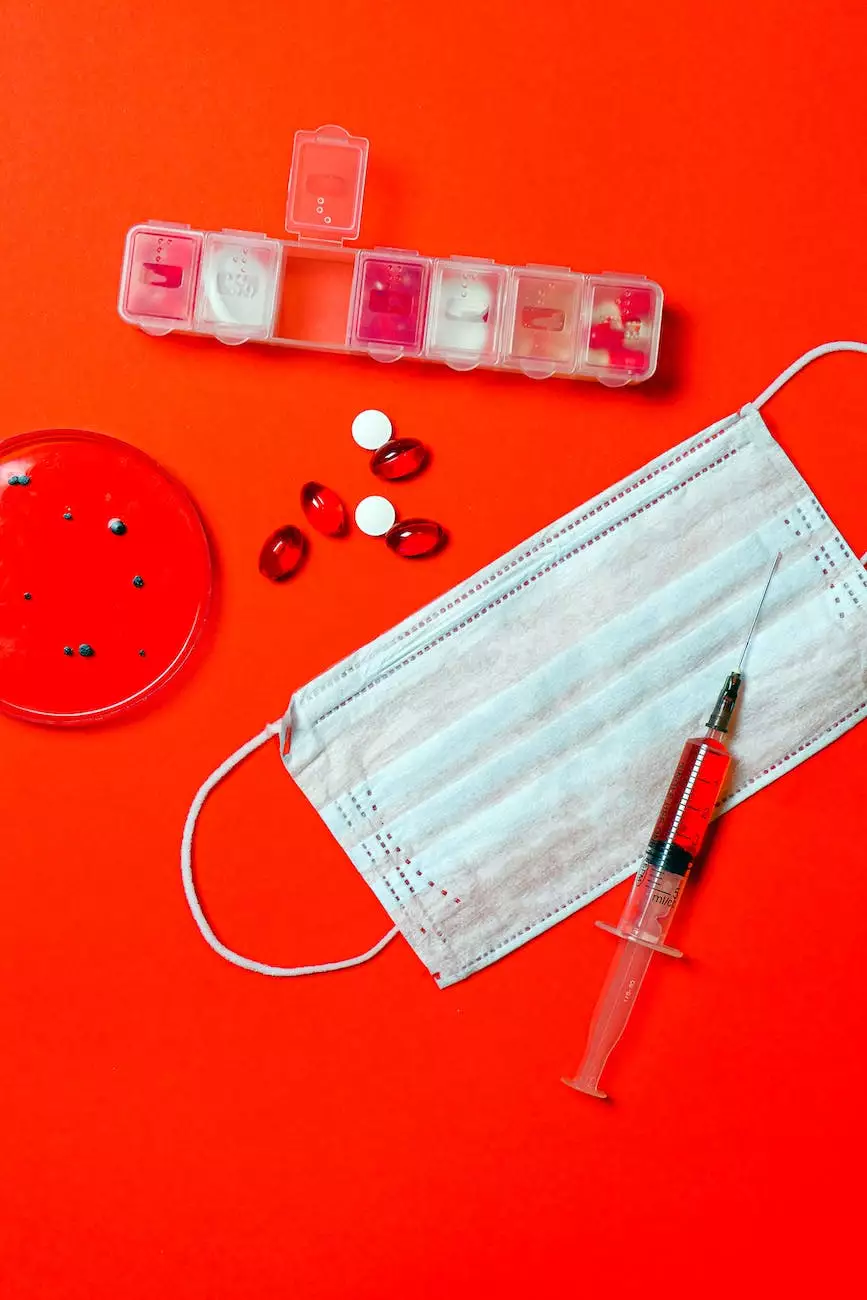Do you know the signs of skin cancer?
Blog
Understanding Skin Cancer
Skin cancer is a serious condition that affects millions of people worldwide. It occurs when abnormal cells in the skin grow and multiply uncontrollably, leading to the development of tumors. Skin cancer can vary in severity, with some types being less aggressive than others. It is crucial to understand the signs of skin cancer to ensure early detection and treatment.
Types of Skin Cancer
There are three main types of skin cancer: basal cell carcinoma, squamous cell carcinoma, and melanoma. Basal cell carcinoma is the most common form of skin cancer and usually appears as growths or bumps on the skin. Squamous cell carcinoma often presents as red, scaly patches or open sores. Melanoma is the most dangerous type of skin cancer and can develop from existing moles or appear as new, irregularly shaped lesions.
Early Signs of Skin Cancer
Recognizing the early signs of skin cancer is vital for its successful treatment. Here are some common symptoms to watch out for:
1. Changes in Skin Growth
Pay attention to any abnormal changes in existing moles or the appearance of new growths on your skin. Look for moles that are asymmetrical, have irregular borders, or vary in color. If you notice any changes in size, shape, or texture, it's essential to consult a dermatologist.
2. Irregular Skin Lesions
Keep an eye out for irregularly shaped, multicolored lesions on your skin. These may be indicative of melanoma, the deadliest form of skin cancer. If you observe any new or unusual spots on your body, particularly ones that are itchy, bleeding, or evolving, seek medical attention promptly.
3. Persistent Skin Sores
If you have wounds or sores on your skin that don't heal within a few weeks, it could be a worrisome sign. Skin cancer can manifest as non-healing ulcers or open sores, often appearing red or crusty. Don't ignore such persistent symptoms and consult a dermatologist right away.
4. Changes in Existing Moles
Regularly monitor your moles for any changes over time. Be cautious if a mole starts to grow rapidly, becomes itchy or painful, or develops a crust. Any bleeding or oozing from a mole is also cause for concern. Remember, early intervention is crucial in dealing with skin cancer effectively.
Prevention and Early Detection
While skin cancer can be a serious condition, there are steps you can take to minimize your risk and protect your health:
- Stay out of the sun during peak hours, typically between 10 am and 4 pm, when the sun's rays are most intense.
- Wear protective clothing, including wide-brimmed hats, long-sleeved shirts, and sunglasses.
- Apply sunscreen with a high SPF regularly, at least 30 minutes before sun exposure, and reapply every two hours or after swimming/sweating.
- Avoid the use of tanning beds, as they emit harmful UV radiation that can increase your risk of skin cancer.
- Perform regular self-examinations of your skin to detect any changes or abnormalities.
- Schedule annual check-ups with a dermatologist for a professional skin examination and early detection of potential issues.
Consult with Richard Martinez, MD
For expert advice on skin cancer prevention, detection, and treatment, look no further than Richard Martinez, MD. Dr. Martinez is an experienced dermatologist with a passion for helping patients maintain healthy skin and catch early signs of skin cancer.
With his extensive knowledge and advanced techniques, Dr. Martinez ensures thorough skin examinations and provides personalized recommendations based on your individual needs. Whether you require preventive measures or require treatment for skin cancer, Dr. Martinez offers compassionate care and expert guidance.
Don't wait until it's too late. Contact Richard Martinez, MD, today and stay proactive in safeguarding your skin health.










